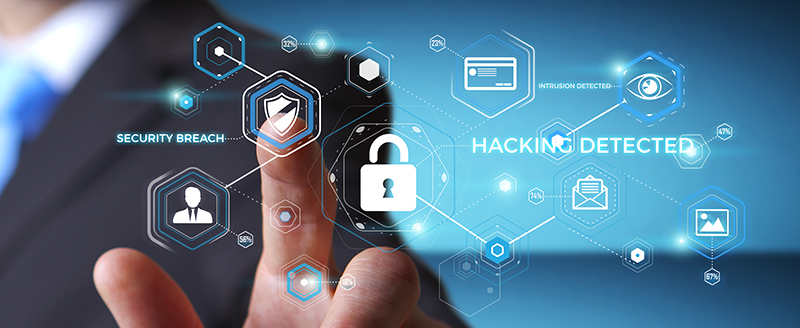NETWORKING PLUS(+)
Networking skills are one of the most important talents to have if you want to be an ethical hacker. The computer network is simply the interconnection of several devices, known as hosts, that are connected via multiple paths to send and receive data or media. Understanding networks such as DHCP, Suoernetting, Subnetting, and others can allow ethical hackers to examine the many interconnected machines in a network, as well as the potential security threats that this may present, as well as how to deal with those threats. Computer Network Tutorials can help you learn about computer networking.
CCNA (ADVANCED NETWORKING)
CCNA is an information technology certification from Cisco Systems. CCNA certification is an associate-level Cisco Career certification.This certification helps you to become familiar with a wide range of topics, such as: LAN/WAN, TCP/IP model, Switches and routers, Network utilities (ping, tracert, arp), VLANs and trunking, Routing protocols such as OSPF, WLAN, NAT and ACLs, Automation and programmability, and so on.
SECURITY PLUS(+)
CompTIA Security+ is a vendor-neutral and industry recognized certification that validates foundational skills in cybersecurity. According to CompTIA, the creator of the Security+ Certification, it “is the first security certification IT professionals should earn.”
The CompTIA Security+ certification stands out because it assess baseline cybersecurity knowledge and skills through performance-based questions. In other words, it is really difficult to pass the exam if you cannot actually perform the work. This is why employers and the DoD look to the Security+ certification as a standard for hiring and compliance.
The CompTIA Security+ certification exam focuses on the following skill areas: Threats, Attacks and Vulnerabilities, Technologies and Tools, Architecture and Design, Identity and Access Management, Risk Management, Cryptography and PKI, and so on.
LINUX SKILL
The Linux Kernel provides the foundation for a community of open-source Unix-like operating systems. It is a free and open-source operating system, and the source code can be updated and distributed to anybody under the GNU General Public License, whether commercially or noncommercially. The main reason to study Linux as an ethical hacker is that it is more secure than any other operating system in terms of security. This is not to say that Linux is completely secure; it does have viruses, but it is less vulnerable than any other operating system. As a result, no anti-virus software is required.
PROGRAMMING (PYTHON/JAVA)
Programming skills are another important talent to have if you want to be an ethical hacker. So, in the computer world, what exactly does the term programming indicate? “Writing code that a computer system understands to perform multiple instructions” is what it means. As a result, in order to improve one’s programming skills, one must write a great deal of code! Before beginning to write code, one must first determine which programming language is most appropriate for his or her needs. Here’s a summary of the programming languages used by ethical hackers, as well as where you may learn them.
CERTIFIED ETHICAL HACKING (CEH)
The Certified Ethical Hacker (CEH) certification is an ANSI 17024 compliant credential that accredits a person’s skills and abilities related to ethical hacking techniques. According to EC-Council, the creator of the CEH certification, “The Certified Ethical Hacker (CEH) is a certification program for an information security professional, also referred to as a white-hat hacker, who systematically attempts to inspect network infrastructure with the consent of its owner to find security vulnerabilities which a malicious hacker could potentially exploit.”
The EC-Council Certified Ethical Hacker Certification exam focuses on the following skills domains: Background(Network and communication technologies, and Information Security threats and attack vectors), Analysis/Assessment, Security, Tools/Systems/Programs, Procedures/Methodology, Regulation/Policy, and Ethics of information Security.



